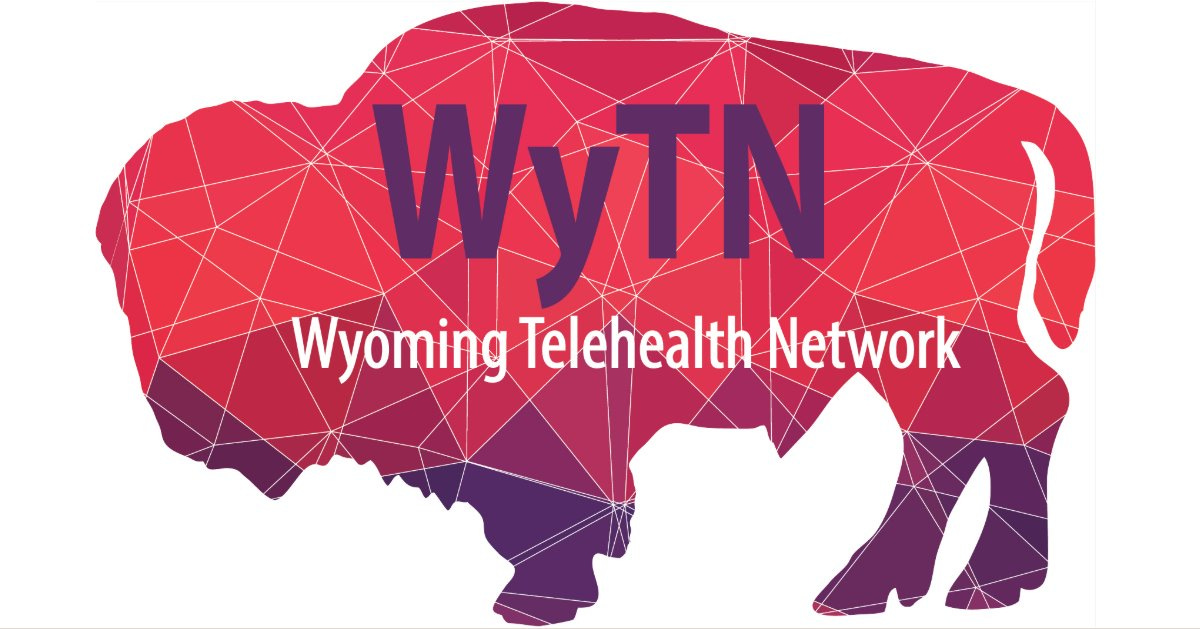WIND advisor: Dean’s reorganization plans threaten the future of the Institute for Disabilities
“Full community inclusion does not occur in a vacuum. It requires that WIND enhance systems of support for all individuals,” the WIND advisory council chair told the UW Board of Trustees Thursday.
The actions of Jacob Warren — the embattled dean presiding over the University of Wyoming’s College of Health Sciences — pose an existential threat to one of the college’s most celebrated divisions, an insider alleged Thursday.
Sandy Thiel chairs the WIND consumer advisory council, a diverse body of stakeholders that bridges the gap between the Wyoming Institute for Disabilities (WIND) and the wider world.
“WIND is charged to improve systems — including employment, education, childcare, health care, transportation, early intervention, housing and recreation — so that all Wyoming residents can participate as citizens,” Thiel told the UW Board of Trustees during a public comment period Thursday. “For the past year, Dean Warren has hindered these efforts by working to remove programs from WIND that are vital to improving full community inclusion for people with disabilities.”
Warren has been under fire for months.
Professors and department heads from Dean Warren’s own college have accused him of engaging in nepotism to benefit his spouse and of costing the college more than $10 million in grant funding by altering grant applications before submission. The university has pushed back on these allegations, saying they contain “numerous inaccuracies and falsehoods.”
But the struggle hasn’t ended there.
Two division directors who had been critical of the dean, including the director of WIND itself, were forced out shortly after taking part in a vote of no confidence. WIND has now lost more than a third of its employees through resignations. Medical education students report feeling uncertain about the future of their traditionally prestigious program and faculty have described an environment of “fear and distrust” enveloping a UW unit where communication and ideas once flowed more freely.
On Thursday, Thiel added to the charges against Warren. She alleged to the trustees that the dean’s plans to reorganize the college would rob WIND of some of its most successful programs — and could ultimately endanger its future. Others have hinted at or gestured to this fear in other public comments and leaks, but Thiel was the first person from within WIND to spell it out explicitly and publicly.
“Specifically, the dean has created a new Wyoming Rural Health Institute, and has stated that his intent is to move key programs that have been successfully implemented for a decade by WIND, such as ECHO and the Wyoming Telehealth Network,” Thiel said.
Moving those programs from WIND to a Rural Health Institute might sound innocuous, but it’s incredibly concerning for Thiel and the other members of the advisory council, as well as interested parties in Wyoming and beyond.
The reason for that concern takes some explaining.
The College of Health Sciences has seven divisions, one of which is the Wyoming Institute for Disabilities, or WIND. WIND is both a college division and a nationally recognized University Center for Excellence in Developmental Disabilities. That distinction requires WIND to be not just a hub for education and research, but community outreach as well.
The problem is that the dean and the faculty disagree about what kinds of community outreach are appropriate.
For years, WIND has interpreted their community outreach mandate to mean they should address whole systems — for example, promoting telehealth for everyone regardless of ability or disability, with the understanding that everyone will benefit from more robust access to telehealth.
Dean Warren, however, allegedly wants WIND to interpret its mandate more narrowly and focus more tightly on just those with disabilities. Warren has rejected or reworked grant proposals that go beyond that tighter focus. Programs such as the Wyoming Telehealth Network would not necessarily be eliminated under Warren’s new regime. They could be moved to another university entity, such as the new Rural Health Institute.
WIND and its consumer advisory council object to this move on both principled and pragmatic grounds. On the principled side, Thiel said it doesn’t make sense to separate the concept of disability from the rest of society.
“The dean claims that WIND has operated outside its mission — which is to assist individuals with developmental and other disabilities and their families by supporting full community inclusion, independence, productivity and social participation,” Thiel said. “Full community inclusion does not occur in a vacuum. It requires that WIND enhance systems of support for all individuals. Thus, WIND’s development of programs such as ECHO and the Wyoming Telehealth Network fit squarely within this mission of full inclusion for all.”
But Thiel and the others resisting Warren’s plan have pragmatic concerns as well. They are specifically worried about the future viability of WIND and claim adopting Warren’s tight focus would jeopardize their funding.
Thiel noted in her comments to the board that outraged faculty and community stakeholders are not the only ones objecting to Warren’s reorganization; the federal agency responsible for WIND’s core grant has taken notice as well.
“A letter from our federal funder states that the actions taken by Dean Warren are not in compliance with the DD Act,” she said, referring to the Developmental Disabilities Assistance and Bill of Rights Act that establishes WIND as a University Center for Excellence. “This puts our nationally and internationally awarded UCEDD at risk. If the UCEDD falters, it will also impact the reputation of the University.”
Thiel added there have already been negative impacts.
“From an (advisory council) perspective, we lost key staff that we relied on for communication and support,” she said. “Examples of this impact include: a transportation grant that without WIND’s technical assistance has a far lesser chance of success, thus delaying the startup of a critical transportation program, the loss of grants from state funders who cite concerns about WIND and its future, and a DD Act partner who states — and I quote — that ‘active communication with WIND has diminished. With the uncertainty and apparent instability of WIND’s future, the robust planning that previously occurred among DD partners has also lessened.’”
With Thiel’s comments, the UW trustees have now heard complaints from College of Health insiders during their last three meetings. In November, medical education students told trustees they were worried about their program’s reputation and what they saw as a lack of communication surrounding the ouster of their director. In December, an associate professor decried the lack of action from the administration regarding faculty complaints.






When is enough, enough? The Upper Administration and Trustees have now heard from students, staff, faculty and now the broader community that Dean Warren’s actions are harming the University, both financially and reputationally, at an alarming rate. This has been allowed to escalate, completely unchecked, for months triggering a federal funder to express concerns that the Dean’s actions violate federal law! This is far beyond a petty squabble that frequently accompanies leadership changes, a dismissing notion the Dean so brazenly peddled before legislature. The failure to act by the University’s Provost, President (who is the agent of the Trustees charged with the University’s day-to-day management), and the Trustees is absurd. Perhaps this is the hubris of the “Good-Old-Boys Club” whose members believe they are entitled to their positions. If this is the case, it can’t be permitted to go on any longer. It is time for the Governor to step in and start removing Trustees who are perceived to be prioritizing their cronyism over their duties to behave responsibly and act in the best interests of the University.
Another day at UW…